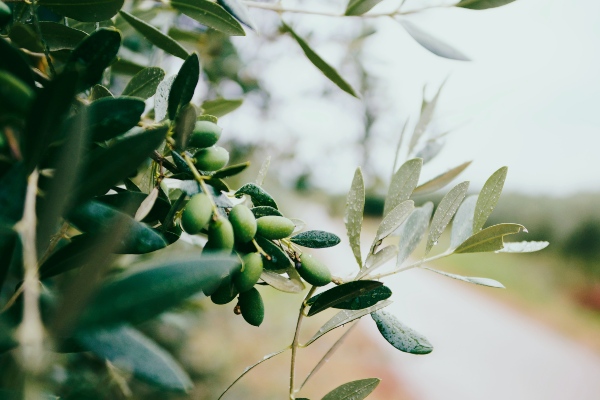Olive leaf, aged black garlic bridge science and traditional medical for proactive immunity. Contributed by to Julia Diaz, Head of Marketing at Pharmactive.
One-third of global consumers admit their concerns about immune health have increased in 2020 over 2019, according to new data by Innova Markets Insights. The market researcher also reports that 54 percent of consumers say that, due to COVID-19, they have spent time educating themselves on ingredients and procedures that can boost their immune health.
In the current pandemic era, immune health is the leading health concern amongst consumers worldwide and who increasingly are taking a more proactive approach to the pursuit of personal wellbeing. Innova Markets Insights data reveal that this trend is reflected in the food and natural supplement product focuses which are increasingly incorporating classic immune-boosting ingredients, such elderberry, blueberry, chicory root, and vitamins.
The botanical world provides a bounty of natural ingredients believed to help naturally support the immune system. They contain chemical compounds shown by research to help weather cold and flu onslaughts more swiftly and effectively.
OLIVE LEAF
Olive leaf (Olea europaea) is gaining esteem for its beneficial role in immunity. Its earliest recognition as a compelling culinary and medicinal appears in the Bible: “The fruit will be for food and the leaf for medicine” (Ezekiel 47:12). It has been used as a natural remedy throughout Mediterranean culture. According to anecdotal data, olive leaf was historically regarded to be a popular remedy for reducing fever, and commonly used to treat inflammation, common cold, influenza, shingles, and lower intestinal disorders.
Over the last century olive leaf has been the subject of extensive scientific investigation exploring the botanical’s antioxidant, antibacterial, antimicrobial, anti-inflammatory, and immune-stimulating properties. Olive leaf possesses a multi-target chemical mechanism of action, attributed to a prime bioactive component called oleuropein, that helps arrest the virus lifecycle.
Pharmactive’s Isenolic brand olive leaf extract is locally sourced from olive trees grown in Mediterranean groves and is standardised by HPLC to ≥4 percent elenolic acid. Elenolic acid is a derivative of oleuropein known for its potential to help protect against viral seasonal infections and promote immune health. This bioactive compound is a key secondary metabolite used by olive trees to naturally fight phytopathogens,” explains Alberto Espinel, PhD, head of R&D for Pharmactive. “It is the main bioactive constituent that contributes to the antimicrobial and antiviral functions of olive leaves and has been shown in studies dating back decades to specifically target influenza A and B types, as well as para-influenza 1,2,3*. It directly penetrates the cells, blocking the entry of specific viruses*, and halting replication by neutralising the reverse transcriptase and protease production central to the infectious nature of retroviruses.
An in vitro study by Pharmactive focused on the compound’s capabilities in preventing and reducing symptoms of viral and microbial infections, including shortening the duration of colds. Results demonstrated Isenolic’s potent inhibition effect on neuraminidase activity. Neuraminidase is a key enzyme present in the flu virus that acts to disassemble the virus from the host-cell membrane, promoting its liberation to infect new cells*.
This article was published by https://apfoodonline.com/.



